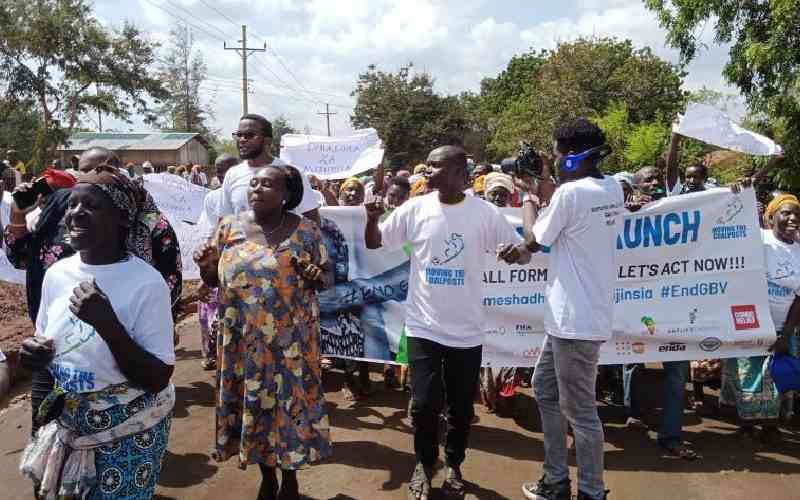×
The Standard e-Paper
Fearless, Trusted News

June 15 was like any other day for Ms Kadzo (not her real name) at a Mnazi den (palm wine club), on the outskirts of Kilifi town where she worked as a waitress.
An orphan, who had 12 siblings to fend for, Ms. Kadzo had for years hustled to look for a job. She knew a job at the Mnazi den had many risks, but she had no option.